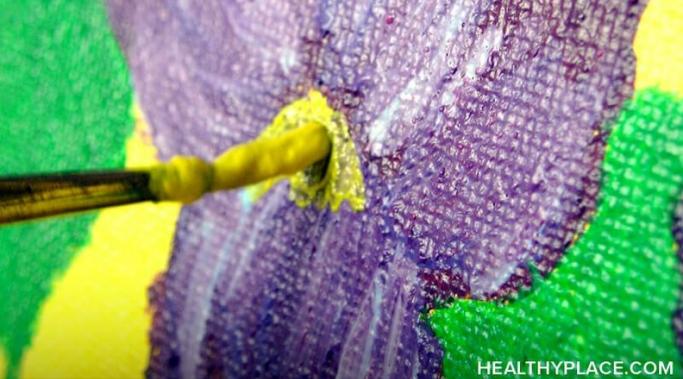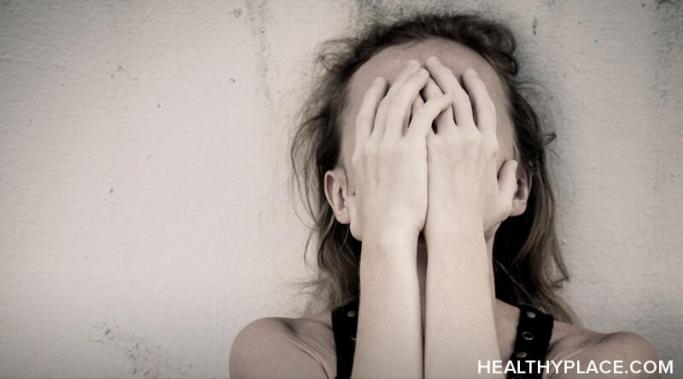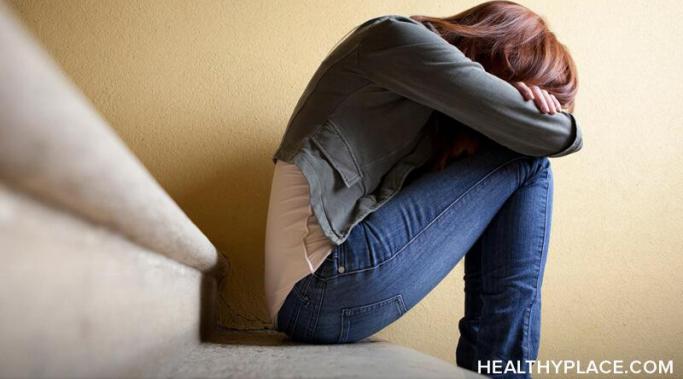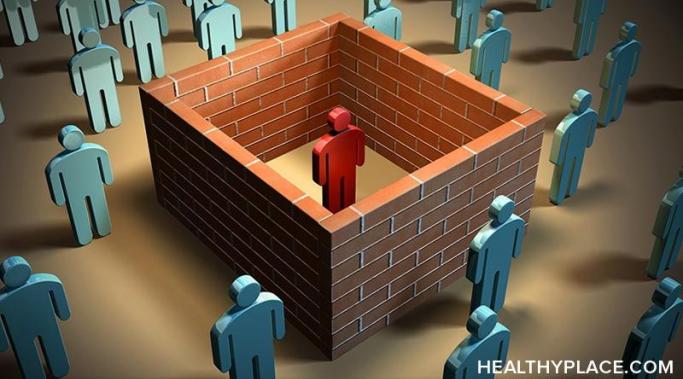Blogs
If you deal with an eating disorder (ED), it's no secret that the holidays can lead to heightened stress—both for you and for those in your support network. However, when you take the time and effort to communicate your specific ED recovery needs to loved ones, it can reduce the tension and help you feel more at ease this holiday season. Not to mention, once friends or family members know what your ED recovery needs are, they will be able to offer the right kind of support, reassurance, encouragement, and accountability.
It’s not a surprise that I am a fan of art of all kinds. I have written on this blog, in the past, about poetry and music. Today I’d like to talk about anxiety and art, specifically why art is such a powerful force in the management of anxiety.
I recently had to hire someone to help clean my apartment, and this made me feel like a failure. And when I say failure, I mean I felt like an abject failure. I actually cried when I made the appointment. I don't want someone in my space. I don't want someone touching my things. I don't want someone doing things I should be capable of doing. In short, I don't want help. Help makes me feel like a failure.
When I was new to eating disorder recovery, I thought it would dominate my life. I thought about it all the time. I was in constant fear that I'd somehow fail, and fall back into the grips of the disease, and lose sight of why I was trying so hard to get better in the first place. Everything I read about eating disorder recovery made it seem like it was a lifelong, grueling, exhausting battle. It turns out that statement was only partially correct. Yes, eating disorder recovery is a lifelong process, but it is not a process that will dominate your life.
The amount of trauma that each person with dissociative identity disorder (DID) has undergone varies, but the end result is the same. Having DID means needing to live with the possibility of being triggered on a frequent basis, but what does this mean? What does it look like when a person with DID is triggered?
A few nights ago, I used a crisis text line for the first time. I had no idea what to expect; I just knew I was in too dark of a place to really manage it on my own anymore. So I reached out, and I'm really glad I did. (Note: This post has a trigger warning.)
If you struggle with self-harm, you probably don’t sleep very well. Sleeping too much or not enough often travels with emotional pain. However, poor sleep habits (known as sleep hygiene) can be detrimental to our mental health. It can increase our self-harm urges or lead to other serious problems, so practicing good sleeping habits is key to recovery.
Talking isn't enough to break mental health stigma, which I think may be a hard pill to swallow. I know how impactful conversation and general mental health awareness efforts can be on an interpersonal level, and I don't mean to say those things aren't important. However, we need to understand that they're not enough to break mental health stigma entirely, and here's why.
Coping with depression is a daily battle. Depression recovery can take years, and there is no such thing as a "quick fix." There are, however, things you can do to bring rapid relief in times of stress, anxiety, and panic attacks. For me, that relief has come in the form of autonomous sensory meridian response (ASMR) — a strange online phenomenon that has been a source of comfort and relaxation for millions since the mid-2000s, even though most people have no idea what it is.
Talking is something that has never failed to help me positively navigate my depression. Empathetic conversations with friends are soothing to me in moments of intense sadness related to my depression. Not all conversations with a trusted individual go as planned though.









